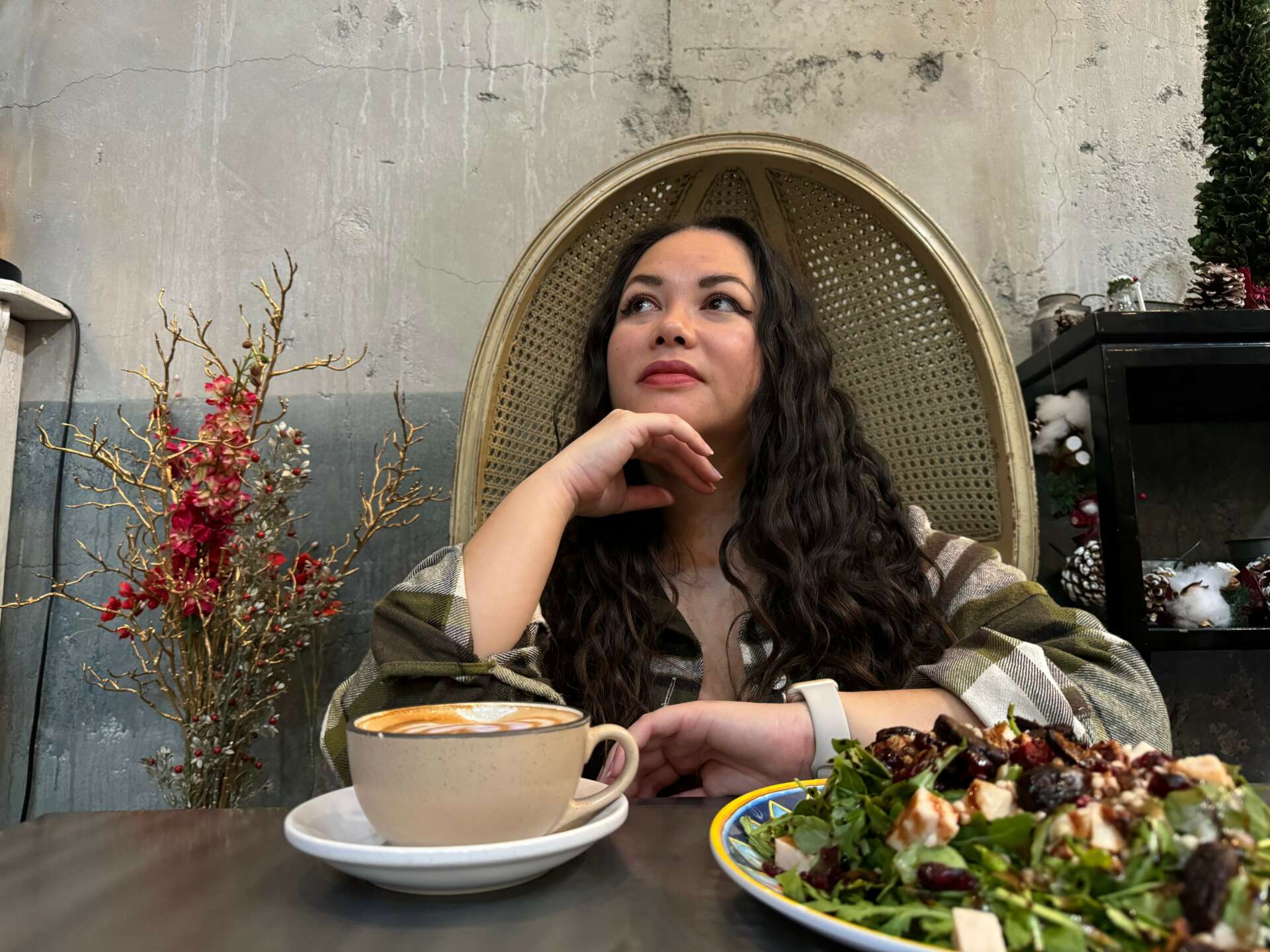We recently connected with Ariel Landrum and have shared our conversation below.
Ariel, thanks for joining us, excited to have you contributing your stories and insights. Can you recount a time when the advice you provided to a client was really spot on? (Please note this response is for education/entertainment purposes only and shouldn’t be construed as advice for the reader)
One of the most impactful pieces of advice I’ve given a client focused on embracing and integrating their interests and passions into the healing process. This approach was particularly effective with a client who struggled with social anxiety and found it challenging to connect with others or engage in traditional therapeutic exercises.
Understanding their passion for geek culture, I suggested incorporating this into our sessions. We used role-playing games (RPGs) as a medium to explore and address their social anxieties. This method made the therapy sessions more engaging for the client and provided a safe space for them to explore real-life scenarios and develop coping strategies.
The result was profound. The client reported a significant increase in confidence and a decrease in anxiety, especially in social settings. They could transfer the skills learned during our RPG sessions to real-life interactions, greatly improving their ability to connect with others and express themselves. This experience underscored the importance of personalized therapy, where clients’ unique interests are leveraged as tools for healing and growth.
This approach aligns with my belief that therapy should be as unique as the individual. Incorporating a client’s interests into therapy can create a more relatable and effective therapeutic experience. It’s about finding the bridge between a client’s world and the therapeutic process, making therapy a healing journey and an engaging and deeply personal experience.
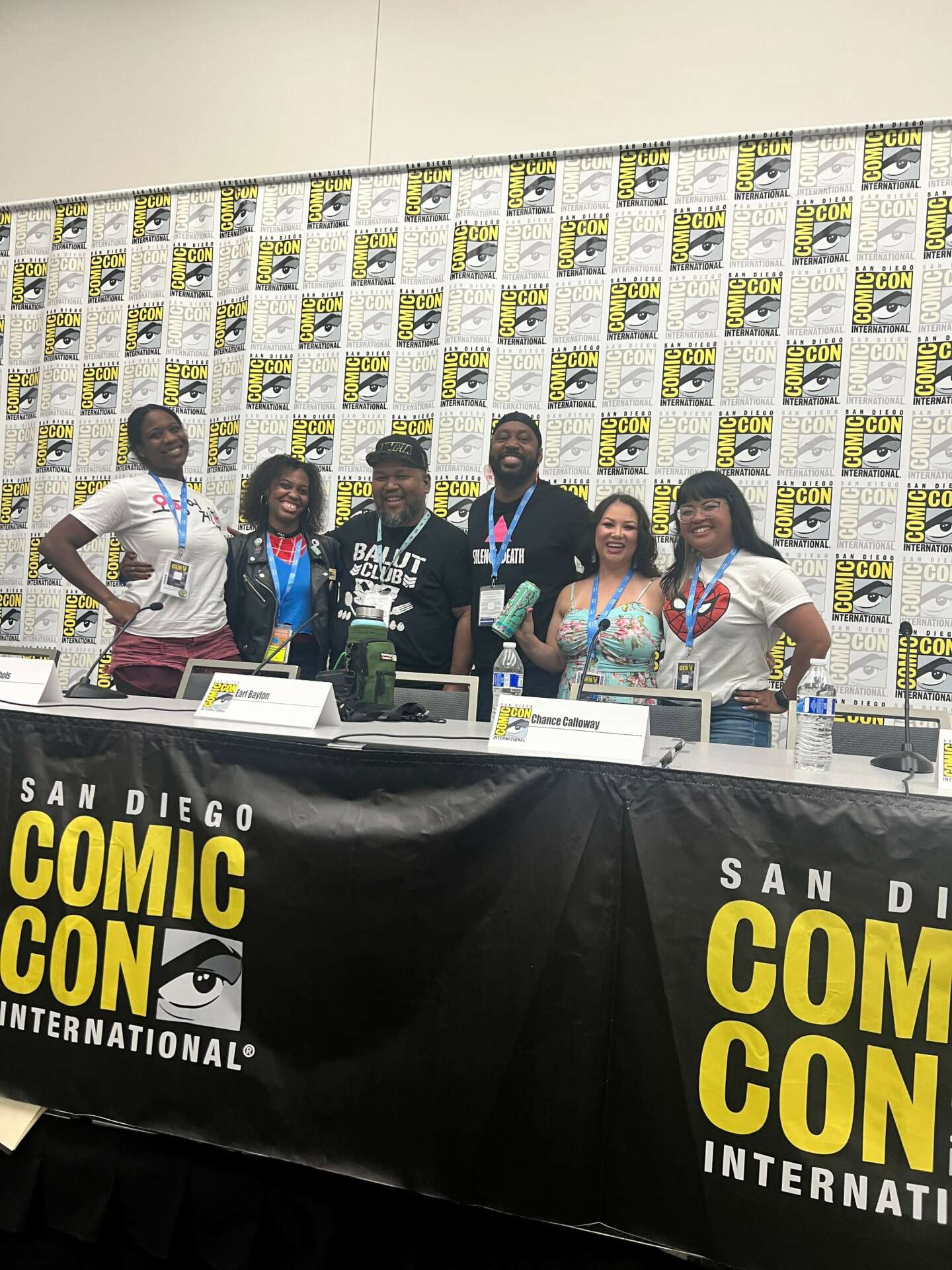
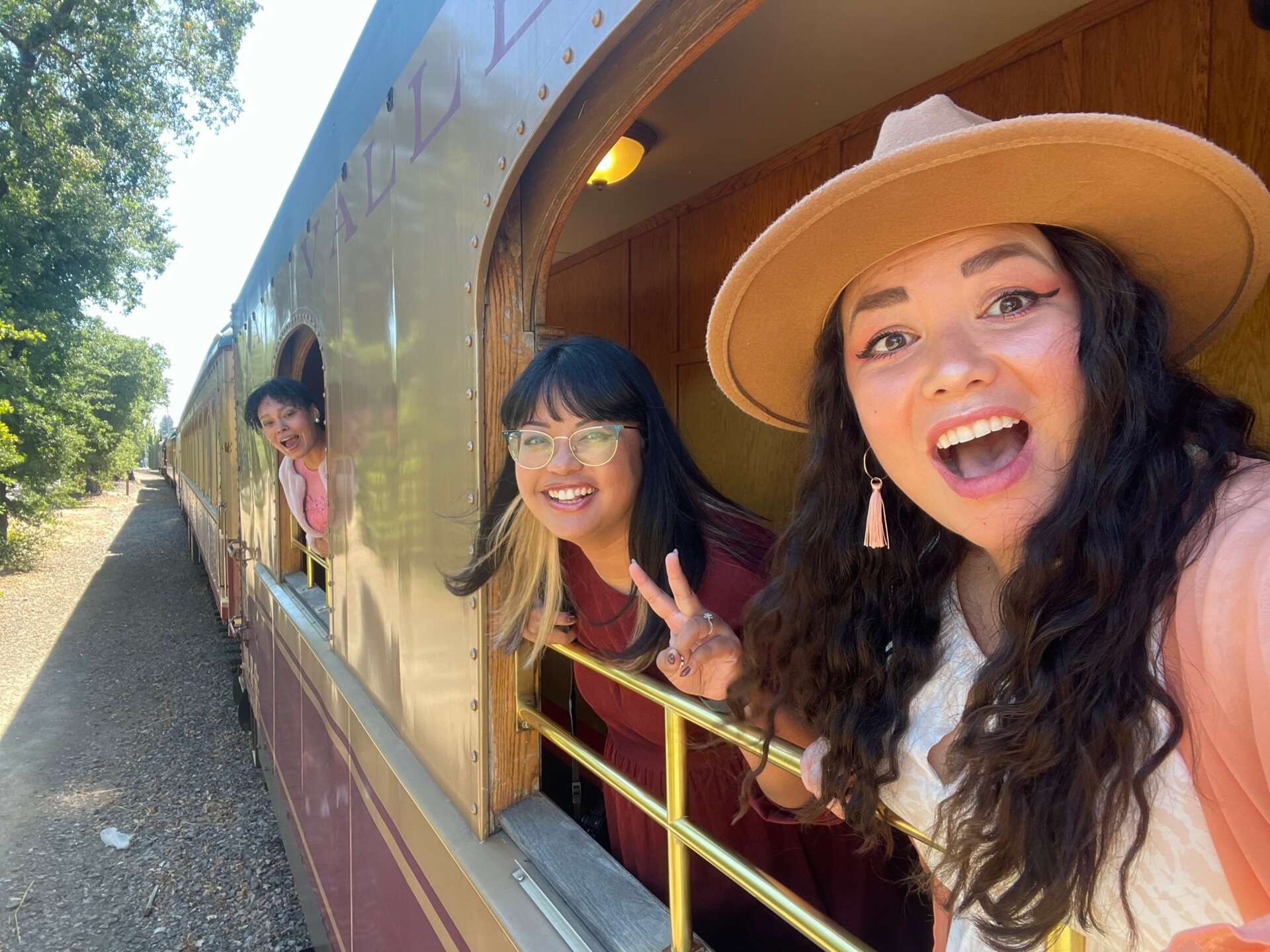

Great, appreciate you sharing that with us. Before we ask you to share more of your insights, can you take a moment to introduce yourself and how you got to where you are today to our readers.
I am a Licensed Marriage and Family Therapist and Art Therapist, and the founder of Guidance Teletherapy, a practice specializing in teletherapy services. My journey into this field was driven by a deep desire to help individuals navigate their mental health challenges in innovative and accessible ways. My interest in art and pop culture and my professional training led me to integrate these elements into my therapeutic practice.
At Guidance Teletherapy, we offer various services, including individual therapy, couple’s therapy, family therapy, and group therapy, all conducted virtually. We specialize in using creative approaches like art therapy and integrating aspects of geek culture into our sessions. This unique approach allows clients to engage with therapy in a way that resonates with them, making the therapeutic process beneficial and enjoyable.
One of the key problems we solve for our clients is the challenge of accessing quality mental health services. By providing teletherapy, we eliminate geographical and physical barriers, making our services accessible to more individuals. Additionally, our innovative approach to therapy helps clients who might feel disconnected from traditional methods find a path to healing that truly speaks to them.
Our commitment to personalizing therapy to each individual’s interests and needs sets us apart. We believe that therapy should be as unique as the person receiving it. By creating a space where clients can explore and express themselves through their passions and interests, we foster a deeper and more effective therapeutic experience.
I am most proud of our approach’s impact on our clients, particularly those who have previously felt disconnected from traditional therapy methods. Seeing them find their path to healing and self-expression through our unique approach is incredibly rewarding.
For potential clients, followers, and fans, I want them to know that at Guidance Teletherapy, we are dedicated to providing innovative, accessible, and personalized mental health services. We are here to support you on your journey to wellness, in a way that truly resonates with who you are.


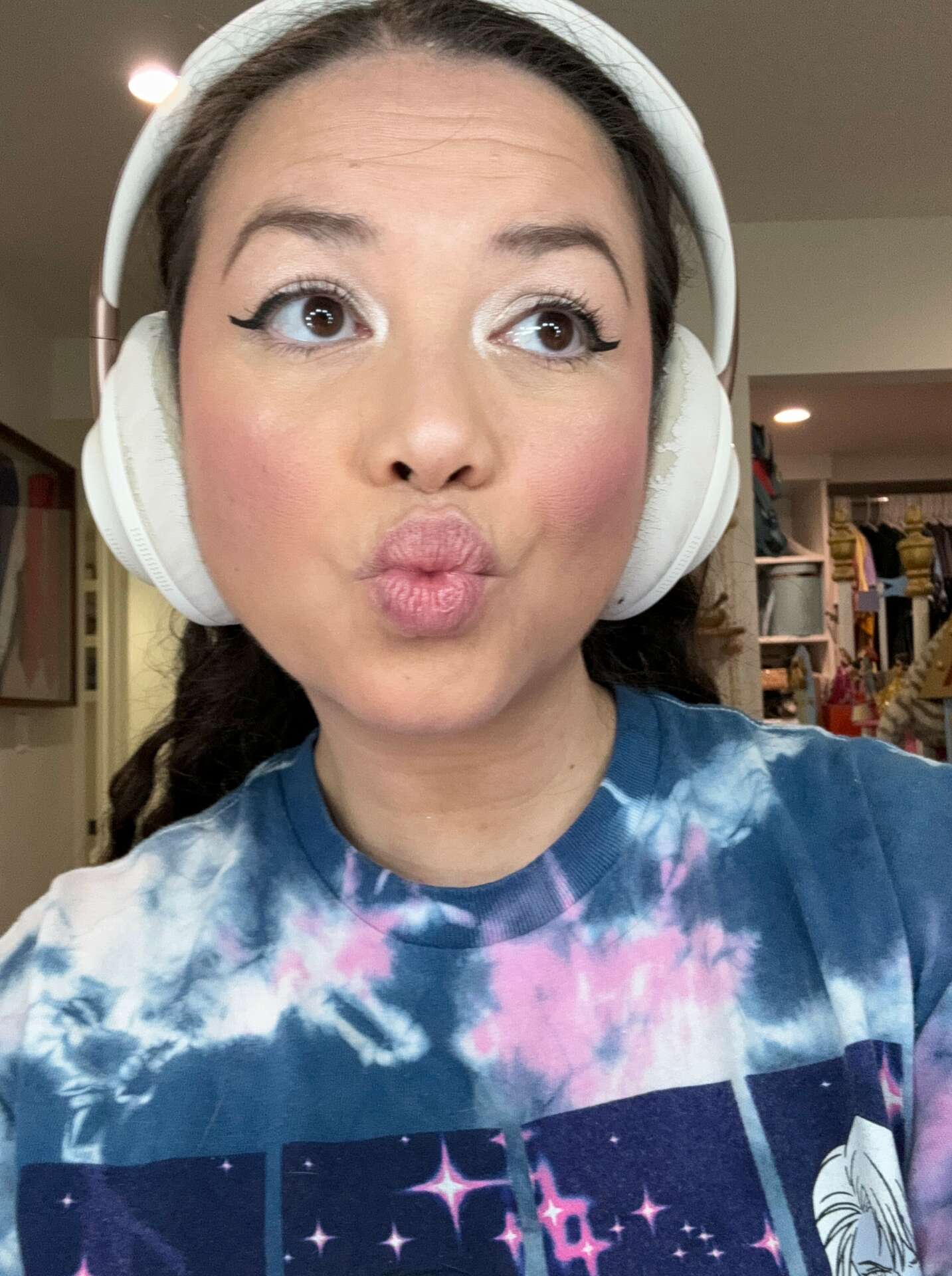
What do you think helped you build your reputation within your market?
My reputation in the mental health market has resulted from various strategic and interpersonal efforts. Firstly, I actively engaged in numerous speaking engagements. These platforms allowed me to share my insights and expertise with diverse audiences, helping me establish myself as a thought leader. By speaking at conferences and events, not only within the mental health sphere but also in broader contexts, I was able to reach a wider audience.
Networking has been another crucial element. I believe in fostering strong, lasting relationships within my network. Unlike traditional networking, I ventured beyond the mental health industry, connecting with professionals across various sectors. This approach expanded my professional network and provided opportunities to collaborate and share knowledge in different contexts.
Additionally, my diverse professional experiences in various settings played a significant role. Working in different environments exposed me to various perspectives and challenges, enriching my professional expertise and understanding of the field. This variety also meant I met diverse people, further expanding my network.
A key aspect of my networking strategy was not limiting my interactions to the mental health field. By branching out to other industries, I could offer wellness training and webinars for their employees. This diversified my experience and helped spread awareness about mental health and wellness in non-traditional settings, further solidifying my reputation as a versatile and knowledgeable professional in this field.
In essence, my reputation has been built on a foundation of continuous learning, strategic networking, and a willingness to explore and embrace diverse professional experiences. This approach has helped me grow as a professional and significantly contributed to the advancement and understanding of mental health and wellness in various sectors.

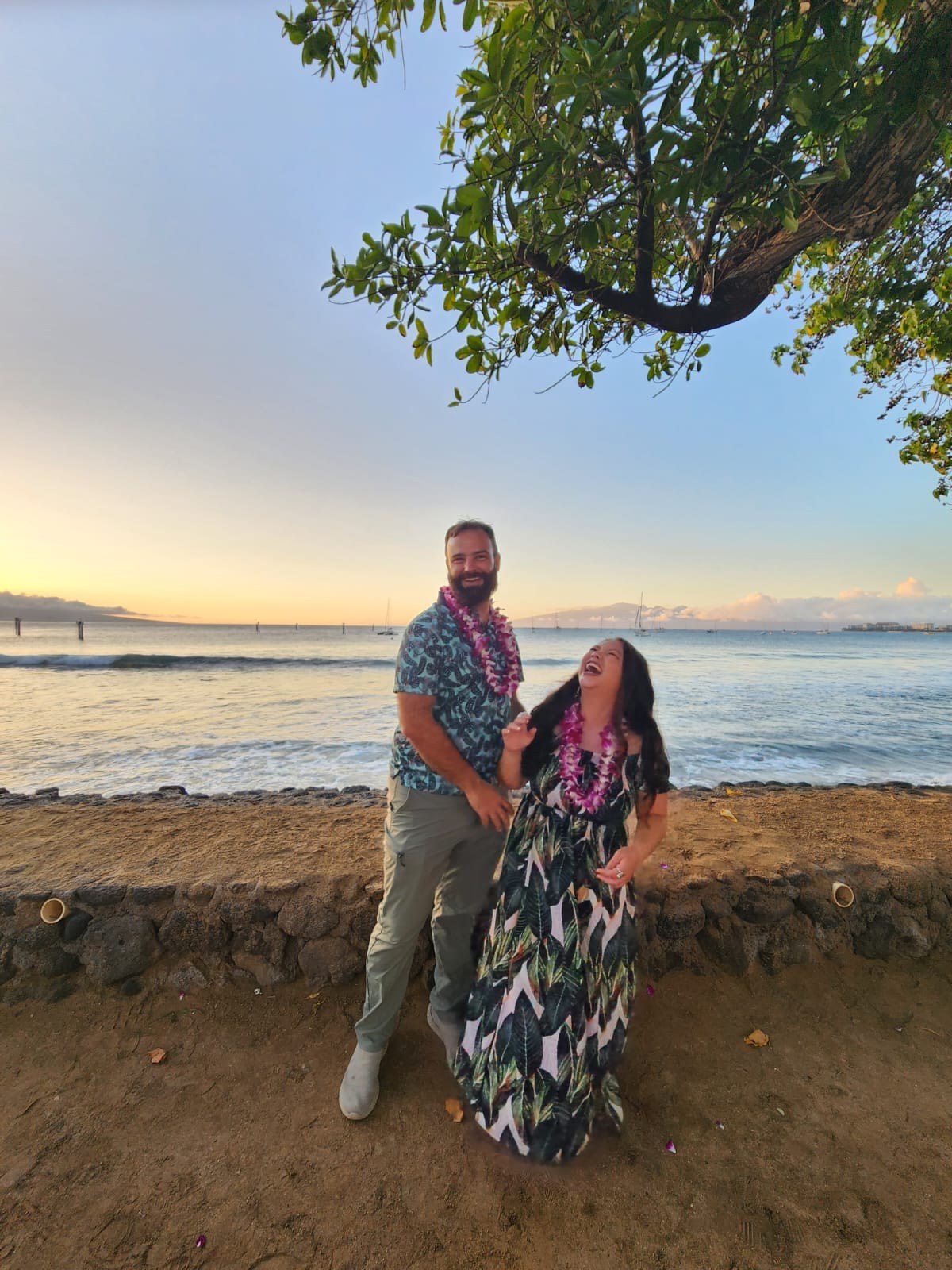
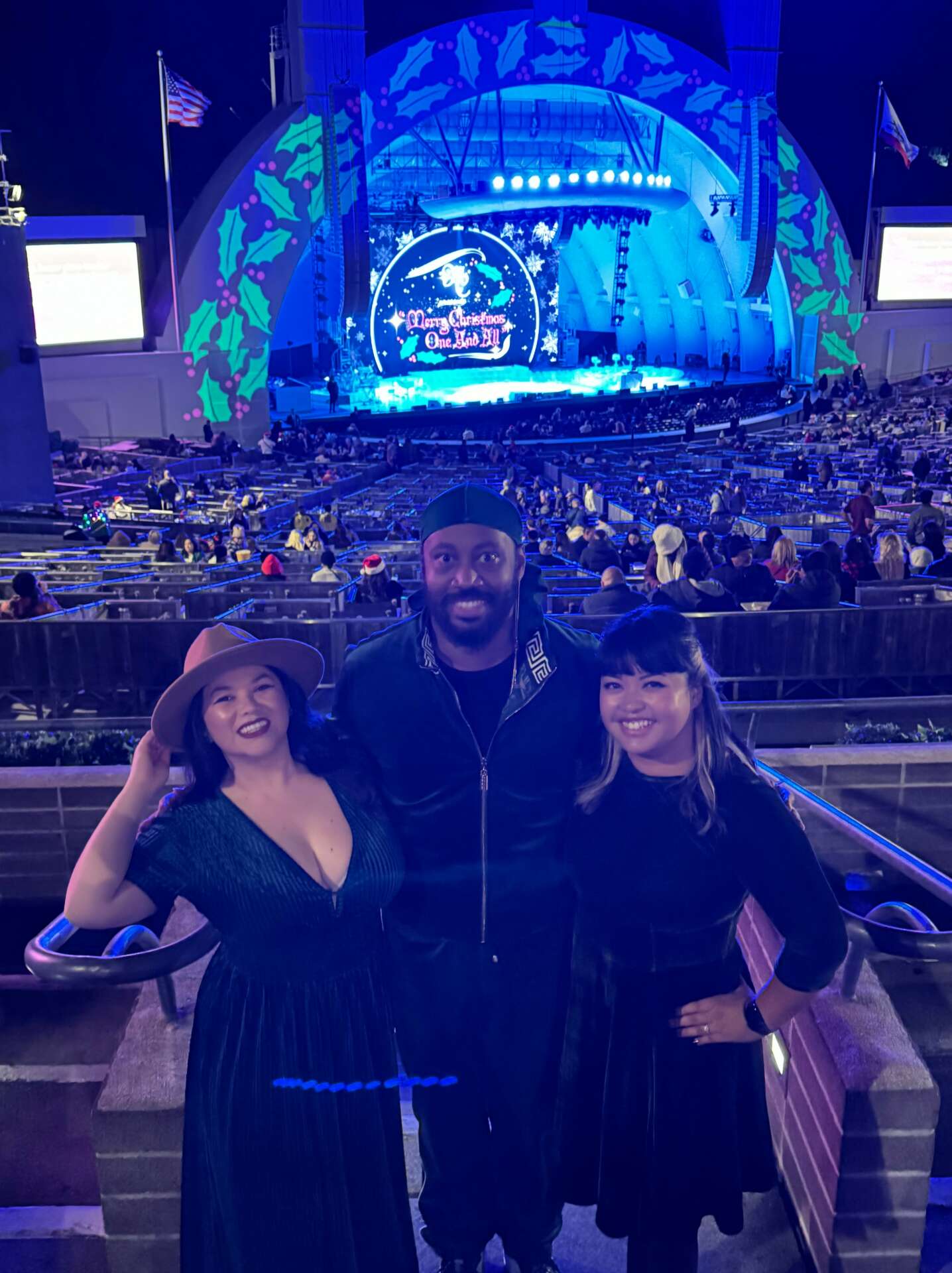
Other than training/knowledge, what do you think is most helpful for succeeding in your field?
Beyond training and knowledge, a robust self-care practice is critical to succeeding in the mental health field. This field, inherently demanding and emotionally intense, can lead to burnout if one’s needs are not attentively addressed. Clinicians often face the challenge of ‘compassion fatigue,’ dealing with the complexities of insurance bureaucracies and navigating the politics of working with various agencies. These factors, combined with the primary responsibility of caring for clients, can create significant stress.
Self-care in our field is not just about taking vacations or enjoying leisurely baths, though these are important. It involves a broader spectrum of activities and practices. For instance, learning new skills, both within and outside the professional sphere, is a form of self-care that keeps the mind engaged and growing. It’s about investing time in seemingly mundane but necessary tasks like car maintenance, ensuring our daily lives run smoothly.
Equally important is the development and nurturing of personal relationships. These relationships provide a support system crucial in a profession where empathy and emotional labor are at the forefront. Personal activities like walking my dog and spending time with my cats are not just pastimes but integral to my mental and emotional well-being.
Furthermore, leaning on those who understand the unique struggles of being a clinician is vital. Sharing experiences and challenges with peers who can empathize and offer support is invaluable. As a daughter of an immigrant, I also find strength in connecting with others who share similar cultural and familial experiences, adding another layer of personal understanding and resilience.
Succeeding in the mental health field requires a holistic approach to self-care that encompasses physical, emotional, intellectual, and social aspects. It’s about balancing professional responsibilities and personal well-being, ensuring that, as clinicians, we are at our best when caring for others.
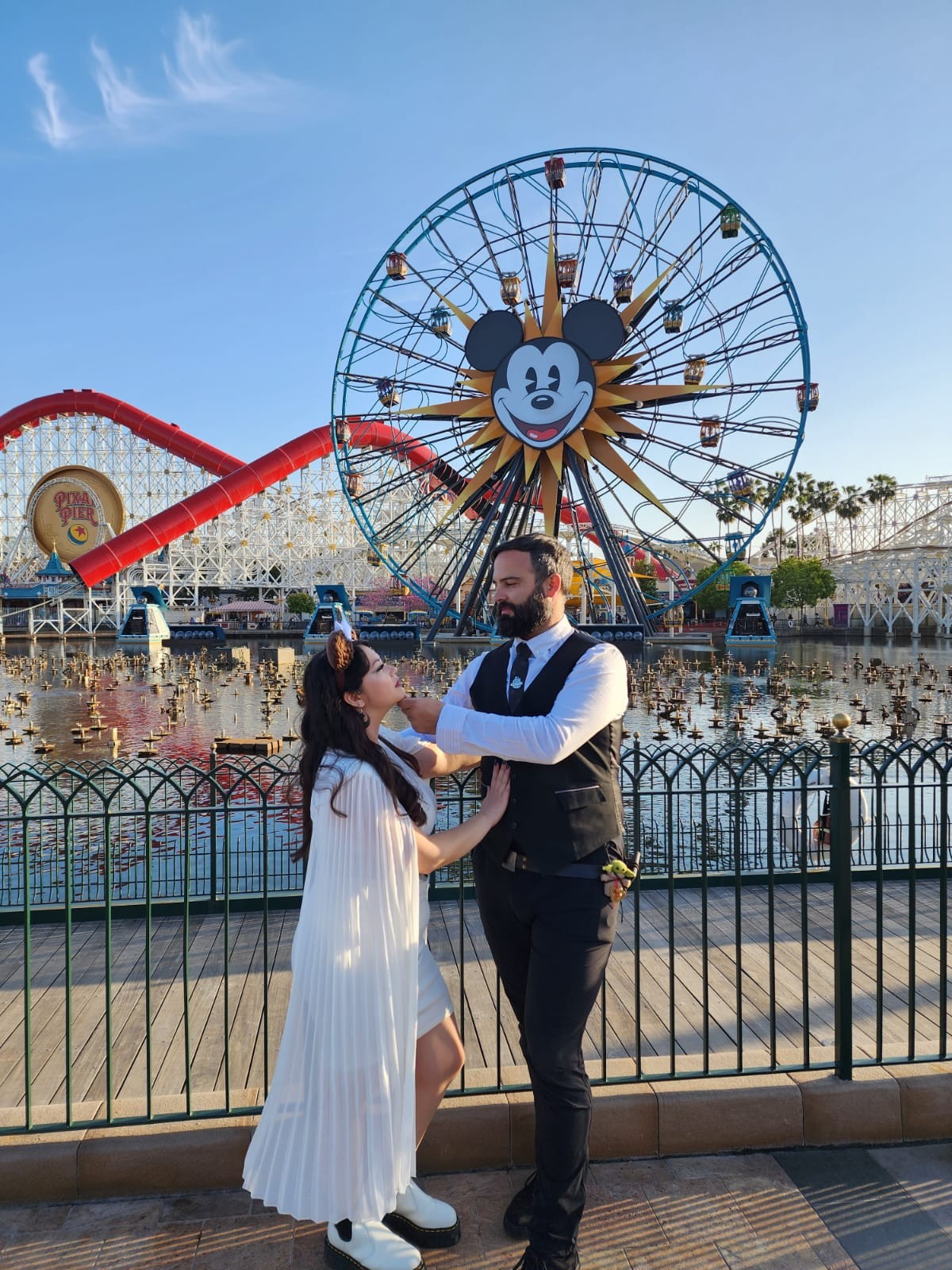
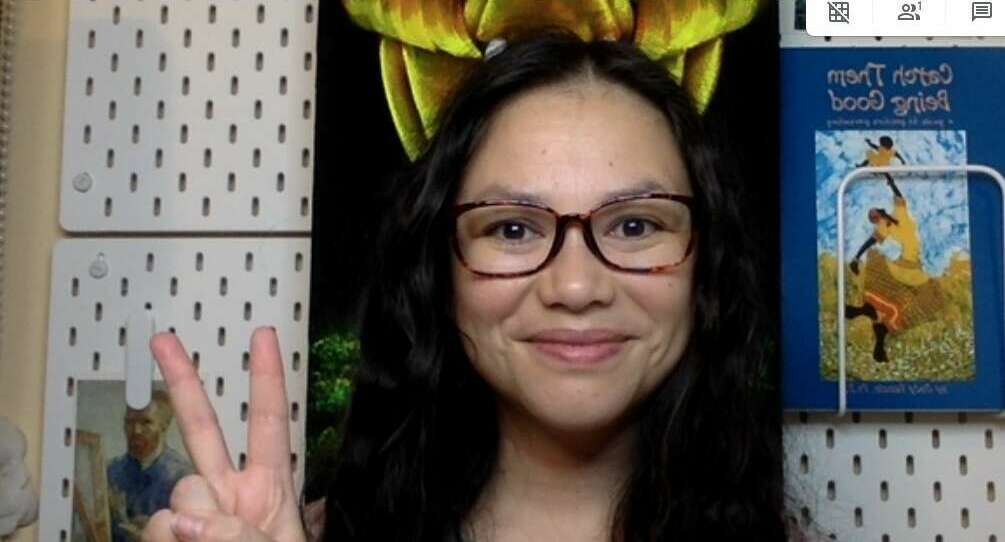
Contact Info:
- Website: https://www.guidancett.com/
- Instagram: https://www.instagram.com/airyell3000/ and https://www.instagram.com/guidanceteletherapy/ and https://www.instagram.com/happiestpodgt
- Linkedin: https://www.linkedin.com/in/airyell3000/
- Twitter: https://twitter.com/airyell3000 and https://twitter.com/guidancett and https://twitter.com/happiestpodgt


